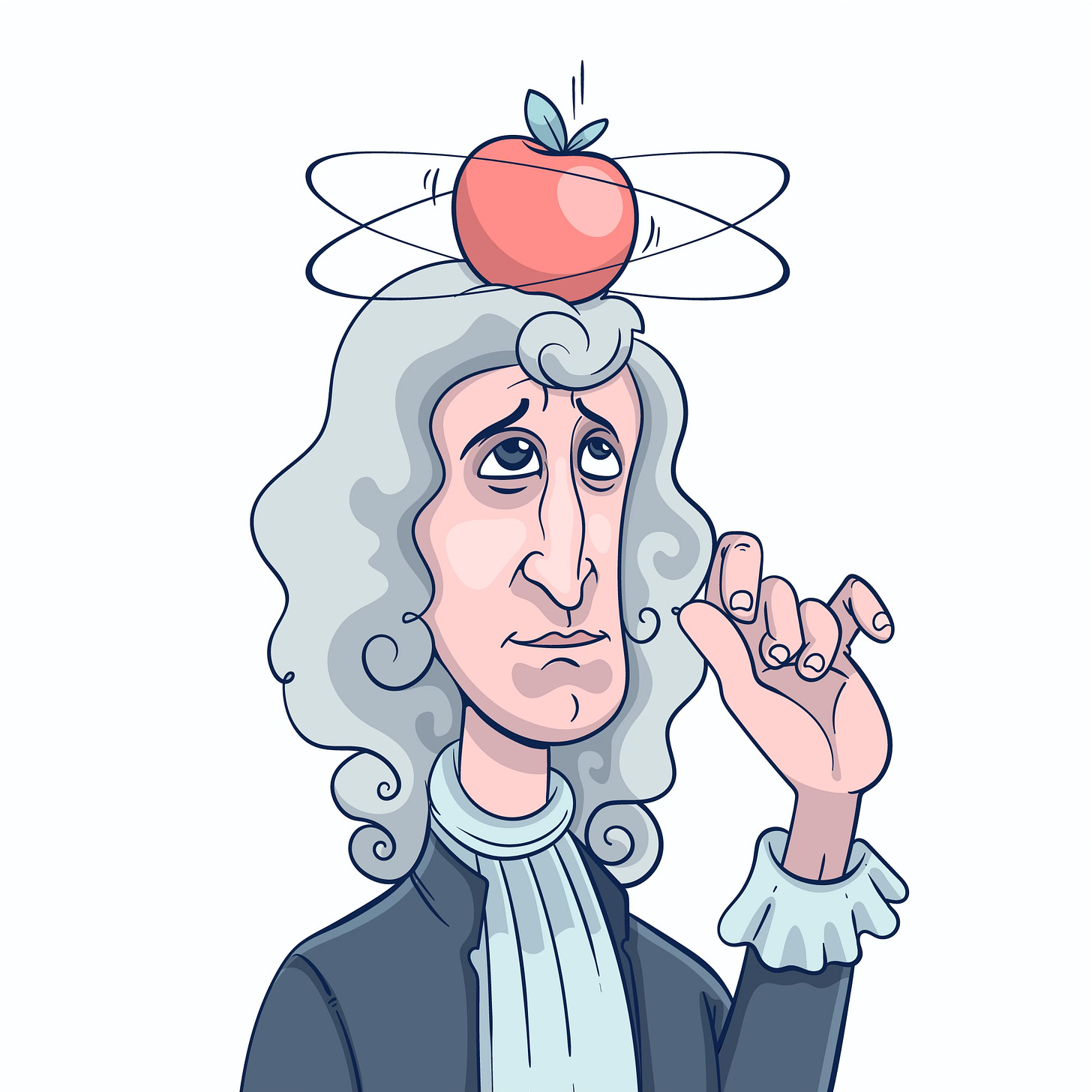Thinking Like a Genius
Weekend CO1
What if genius isn’t about IQ — but a way of seeing?
In every field, in every era, there are people who look at the same problem — and see something no one else does.
They don’t follow instructions.
They reimagine the frame itself.
Genius isn’t intelligence.
It’s perceptual orientation.
It’s not how smart you are — it’s how you look.
Let’s explore five traits that define this orientation — and the stories that bring them to life.
1. Geniuses Don’t Look for What’s Missing — They Look for What’s Invisible
Most people try to fill gaps.
Geniuses question the gap itself.
Take John Nash, the Nobel Prize–winning mathematician.
One night in a bar, his friends were eyeing the most beautiful girl in the group. All of them. Competing. Posturing.
Nash, watching silently, saw what no one else did:
If they all pursued the same woman, not only would they block each other — but none of the other women would want to be “second choice.”
What no one saw was the invisible consequence.
From that one insight came what we now call Game Theory.
2. Geniuses Think in Systems — Not Steps
Walt Disney had a dream: a place where families could enter a world of magic, imagination, and story.
He called it Disneyland.
The board rejected it 8 to 1.
To them, it was risky, illogical, overextended.
But Wlt wasn’t thinking in projects.He was thinking in systems.
He saw how characters, movies, merchandise, theme parks, and experience would all feed one another — an ecosystem of enchantment.
He wasn’t pitching a park.
He was designing a world.
3. Geniuses Love Paradox
Most people run from contradiction.
Geniuses hold it — until something new emerges.
When Gandhi was thrown off a first-class coach in South Africa because of his skin colour, he didn’t shout or demand justice.
He let the injustice simmer — not reactively, but reflectively.
From that paradox — violence versus non-violence, resistance versus peace — emerged a new path of power: Satyagraha.
Not a reaction.
A revolution of paradox.
4. Geniuses Aren’t Reactive — They’re Reframing
Most people look for the right solution.
Geniuses question whether it’s the right problem.
When Steve Jobs conceived the iPod, he wasn’t thinking “music device.”
He was asking:
Why does a CD only hold 14 songs?
The problem wasn’t the product.
It was the premise.
He reframed the question — and created the first device that could carry 1,000 songs in your pocket.
Reframing didn’t just improve the solution.
It rewrote the category.
5. Geniuses Build Tools for Perception — Not Just Thought
Most people try to think harder.
Geniuses build tools to perceive differently.
In a conversation with a Nobel Prize–winning physicist, I once asked:
“If you could change one thing about how we understand the world, what would it be?”
He paused. Then said one word:
“Thought.”
Not the outcomes of thinking — the very structure of how we think.
Because behind thought is perception.
Geniuses don’t just ask, What do you think?
They ask: How do you perceive?
That’s the ultimate leverage point.
Final Thought Aha!:
Genius isn’t about IQ, degrees, or effort.
It’s about perception. It’s about frames.
It’s about seeing what no one else has noticed — and daring to let that perception lead you into new worlds.
Genius doesn’t follow rules.
It redesigns the game.
And if you can change how you look,
You can change what you see.
And with it — everything else.
Build Your Own CO1 → Visit CO1.me


